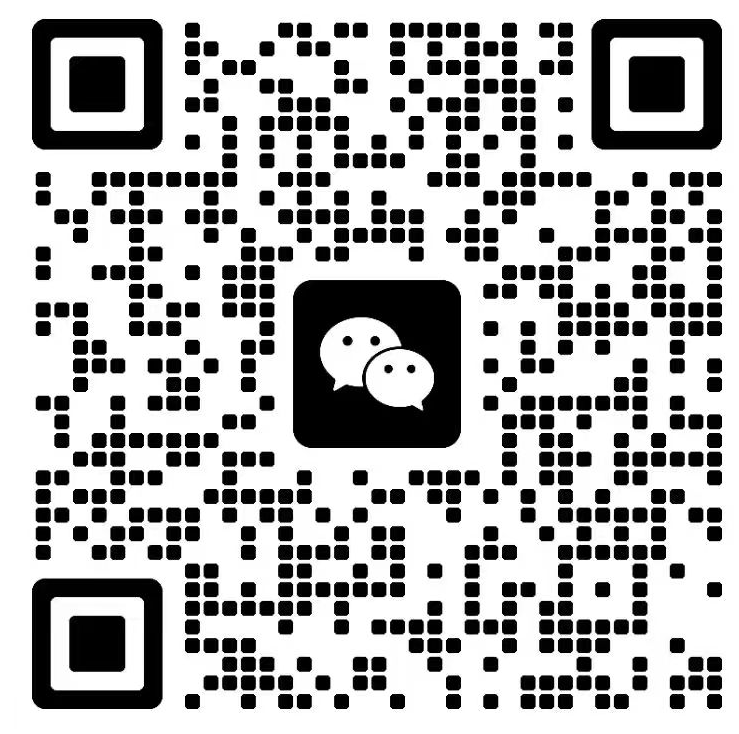湖南师范大学硕士研究生入学考试自命题考试大纲
考试科目代码:[加试]考试科目名称:专业英语
考试内容及要点
(一)、Tourism in Perspective
1、Understand what tourism is and its many definitions.
2、Learn the components of tourism and tourism management.
3、Examine the various approaches to studying tourism and determine which is of greatest interest to you.
4、Appreciate how important this industry is to the economy of the world and of many countries.
5、Know the benefits and costs of tourism.
(二)、Hospitality and Related Service
1、Study the lodging industry,its ancient origins,its associations,names of leading companies,and its vital role in the economy.
2、Appreciate the immensity of the restaurant food service industry.
3、Learn the current trends in resorts and timesharing modes of operation.
4、Discover why meetings and conventions,as well as meeting planners,are so important to tourism.
(三)、Organizations in the Distribution Process
1、Become familiar with tourism distribution system organizations and their functions.
2、Understand the role of travel agents and their dominance in the distribution system.
3、Consider the growing impact of the Internet on the distribution system.
4、Examine the role of the tour wholesaler.
5、Recognize that travel suppliers can use a combination of all channels of distribution.
(四)、Attractions,Entertainment,Recreation and Other
1、Examine the attractions sphere.
2、Look at the role of theme parks.
3、Understand the gaming industry.
4、Describe public and commercial recreation facilities.
5、Recognize shopping as a travel attraction.
(五)、Motivation for Pleasure Travel
1、Adopt a professional approach to motivation and recognize differences in other people’s motives.
2、Appreciate the range of ideas on travel motivation,including historical accounts and psychological theories.
3、Be aware of contemporary research practices in tourism that integrate motive and destination feature assessments.
4、Be familiar with conceptual approaches to tourist motivation and recognize that there is continual development and enhancement of ideas in this field.
(六)、Cultural and International Tourism for Life’s Enrichment
1、Recognize that travel experiences are the best way to learn about other cultures.
2、Identify the cultural factors in tourism.
3、Appreciate the rewards of participation in life-seeing tourism.
4、Become aware of the most effective promotional measures involving an area’s cultural resources.
5、Realize the importance of cultural attractions to any area promoting itself as a tourist destination.
6、Evaluate the contributions that international tourism can make toward world peace.
(七)、Sociology of Tourism
1、Appreciate the inordinate social impact that travel experiences make on the individual,the family or group,and society as a whole—especially the host society.
2、Recognize that a country’s indigenous population may resent the presence of visitors,especially in large numbers.Also recognize that the influence of these visitors may be considered detrimental,both socially and economically.
3、Discover that travel patterns change with changing life characteristics and social class.
4、Become familiar with the concept of social tourism and its importance in various countries.
(八)、Tourism Components and Supply
1、Know the four major supply components that any tourism area must possess.
2、Become familiar with the newer forms of accommodations:condominium apartments and timesharing arrangements.
3、Be able to use the mathematical formula to calculation the number of guest rooms needed for estimated future demand.
4、Develop the ability to perform a task analysis in order to match supply.
5、Discover methods of adjusting supply component in accordance with fluctuating demand levels.
(九)、Tourism Policy:Structure,Content and Process
1、Demonstrate the critical importance of tourism policy to the competitiveness and sustainability of a tourism destination.
2、Outline the structure and content of a typical policy framework for a tourism destination.
3、Describe a process for the formulation of a destination tourism policy.
(十)、Tourism Planning,Development and Social Consideration
1、Identify the factors that determine the success of a tourism destination.
2、Relate tourism planning to tourism policy.
3、Discover what the goals of tourism development should be.
4、Recognize that some serious barriers to tourism development must be overcome if a desired growth is to occur.
5、Learn the political and economic aspects of development,including those related to developing countries.
6、Appreciate the importance of architectural design and concern for heritage preservation,local handicrafts,and use of indigenous materials in creating tourist facilities.
(十一)、Tourism and Environment
1、Recognize the worldwide important of natural resource conservation and sustainable tourism development.
2、Learn how ecotourism can benefit local people.
3、Understand the dangers and limitations of ecotourism.
4、Understand tourist codes of ethics and guidelines.
5、Learn current environmental practices of tourism organizations and suppliers.
6、Learn how to maintain natural destinations.
(十二)、Travel and Tourism Research
1、Recognize the role and scope of travel research.
2、Learn the travel research process.
3、Study secondary data and how they can be used.
4、Understand the methods of collecting primary data.
5、Know who does travel research.
(十三)、Tourism Marketing
1、Become familiar with the marketing mix and be able to formulate the best mix for a particular travel product.
2、Appreciate the importance of the relationship between the marketing concept and product planning and development.
3、Understand the vital relationship between pricing and marketing.
4、Know about distribution systems and how this marketing principle can best be applied to a variety of travel products.
5、Be able to do market segmentation to plan a marketing program for the business you are the most interested in.
6、Demonstrate the linkage between tourism policy and tourism marketing.

